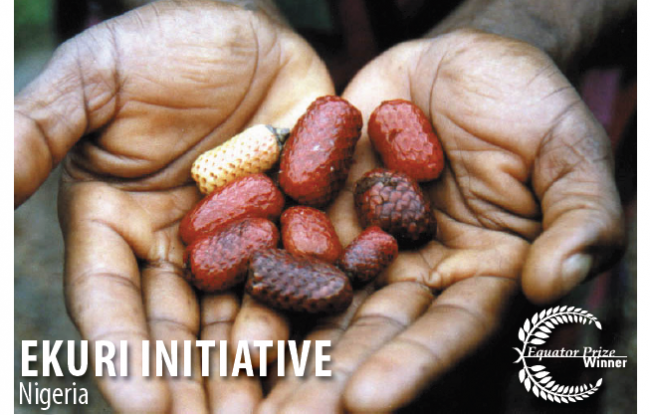Protecting Land Rights in Ratanakiri, Cambodia
Ratanakiri is divided into 9 districts covering 240 villages and approximately 100,000 people. Of these,
65% are minority hill tribes comprising groups such as the Jarai, Tampoen, Kui, etc. with only about 5% of the people literate. Over the past five years, international monitoring groups estimate that 120% of the land has been appropriated through land sales and concessions for logging, mining, and commercial agriculture.
Cambodia: An assessment of forest conflict at the community level
An assessment of community level forest conflict in Cambodia. It was conducted as part of a project to understand the types, causes, and impacts of conflicts over forest resources at the community level in selected Asian countries and to assess methods to avoid, reduce, and monitor conflicts. Information is provided on underlying causes of forest conflict in Cambodia, the context and nature of this conflict, and approaches for mitigation.
forest degradation and the Batek of Pahang, Malaysia
Ladino and Q'eqchi Maya land use and land clearing in the Sierra de Lacandon National Park, Peten, Guatemala
Land and development in Latin America : openings for policy research
Effective land policy reform is strewn with complexities and pitfalls. The paper focuses on land tenure, access and use in rural settings, and suggests that Latin America is home to some worrisome trends as well as the rich array of initiatives on land issues. By surveying the literature and examining the issues this study points to areas needing attention from researchers and policymakers.
Scoping study on land policy research in Latin America
Land reform: Land settlement and cooperatives
This bulletin is issued by FAO as a medium for the dissemination of information and views on land reform and related subjects to the United Nations, FAO Member Governments and national and international experts and institutions. Articles are published in the original language (English, French or Spanish).
Land reform: Land settlement and cooperatives
Although ancestral rights to land are a cornerstone of the livelihoods of indigenous peoples, few countries have been ready to undertake their recognition. Lack of political will together with obstacles such as lack of legal recognition of indigenous rights in national legal frameworks and tenure regimes, different forms of discrimination and inappropriate policies towards indigenous peoples are at the root of some of the limitations that are found with regard to the recognition of indigenous peoples’ land rights.
Equator Initiative Case Studies. Nigeria. Atụmatụ Ekuri (Ekuri Initiative) (English)
Local and indigenous communities across the world are advancing innovative sustainable development solutions that work for people and for nature. Few publications or case studies tell the full story of how such initiatives evolve, the breadth of their impacts, or how they change over time. Fewer still have undertaken to tell these stories with community practitioners themselves guiding the narrative. The Equator Initiative aims to fill that gap.







